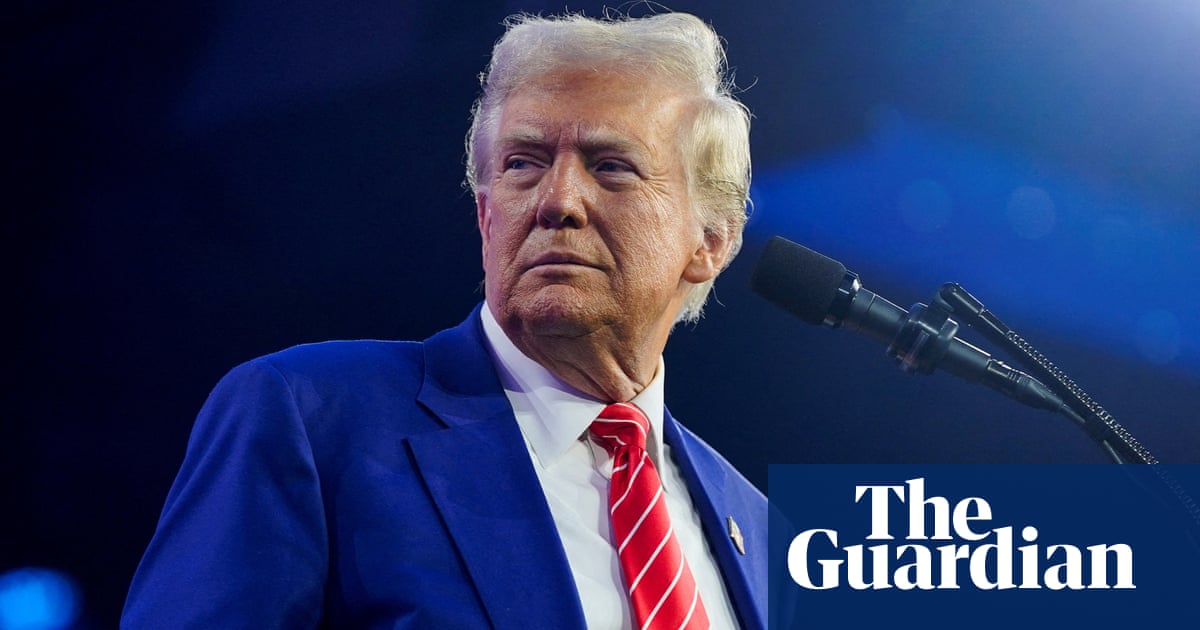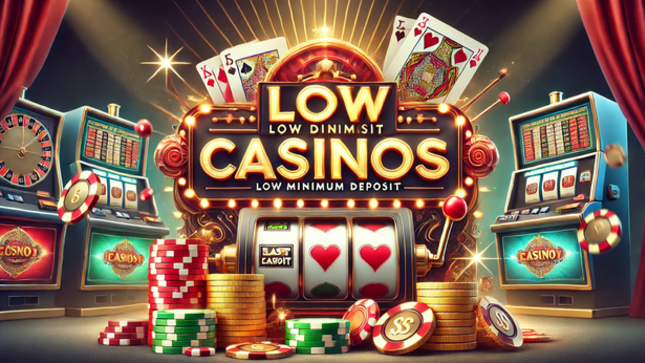Tech
When could TikTok be banned? When is Supreme Court weighing in? Here’s what to know
‘Warm spot in my heart’: Trump says he will look at looming TikTok ban
When asked how he felt about a ban on TikTok, Trump told reporters that he believed the app helped him win some young voters in the 2024 election.
In less than one month, TikTok could be banned from app stores throughout the United States. But in a last-minute decision, the Supreme Court agreed to hear out arguments from TikTok and its Chinese parent company about why a ban could be unconstitutional.
This spring, President Joe Biden passed legislation that would ban TikTok in January if its Chinese parent company ByteDance does not sell it. The legislation has been in the works for several years, as government officials fear that TikTok is a national security concern.
If ByteDance does not sell TikTok by Jan. 19, the app will be illegal for distribution through the Apple App Store and Google Play Store. Internet service providers will also be required to make the app inaccessible on U.S. internet browsers.
Here’s what to know about the TikTok ban, including when SCOTUS will review the legislation.
When will Supreme Court review the TikTok ban?
The Supreme Court is set to review TikTok’ arguments on Jan. 10, 2025, just over a week before the ban could be implemented.
What is TikTok asking SCOTUS to do?
TikTok wants SCOTUS to overturn a ruling by the U.S. Court of Appeals for the District of Columbia Circuit, which states that the legislation’s infringement of free speech rights is justified because of national security concerns.
When could the TikTok ban go into place?
The ban will go into place on Sunday, Jan. 19, 2025, if ByteDance does not sell the platform by then.
Could TikTok be bought?
Though China has been vocal in the past about its opposition to selling TikTok, billionaire Frank McCourt has expressed his interest in purchasing the U.S. portion of the platform with a group of associates. McCourt, founder of Project Liberty and executive chairman of McCourt Global, said a consortium of associates has verbally pledged up to $20 billion for the purchase.
However, if McCourt purchased TikTok, it would only be the U.S. portion and would not include TikTok’s algorithm, which China sees as its intellectual property, McCourt told CBS’ “Face the Nation” earlier this month.
Does Donald Trump want to ban TikTok?
President-elect Donald Trump’s vision for TikTok when he takes office is unclear. Despite steps he took during his first term to ward off ByteDance, he has expressed different feelings for the app more recently.
Last week, Trump said during a press conference that he has a “warm spot” for TikTok in his heart, as he believes the app helped him gain ground with young voters in the 2024 presidential election.
“TikTok had an impact, and so we’re taking a look at it,” Trump said. “I have a little bit of a warm spot in my heart. I’ll be honest.”
USA TODAY has reached out to Trump’s team for comment.
Why did the government create the ban?
Concerns about national security stem from worries that ByteDance, which is based in Beijing, has access to American data and is sharing it with the Chinese government.
In 2020, Trump issued an executive order regarding TikTok. As part of the order, Trump tried to ban TikTok in the U.S. and prohibit any transactions with the company, according to the Trump White House archival website. However, this ban never went into place.
In 2021, Biden revoked Trump’s proposed ban and issued a new executive order regarding ByteDance, which said that the company “continues to threaten the national security, foreign policy and economy of the United States,” a U.S. Court of Appeals for the District of Columbia Circuit court opinion federal appeals court opinion states. In 2022, Biden signed a bill that prohibited the use of TikTok on government devices.
What is TikTok?
TikTok is a social media application known for its short-form videos. Users can create, post and interact with videos on the app. TikTok is popular for its scrolling algorithm and allows users to post videos between three seconds and 10 minutes long. Users may add different filters, backgrounds, music and stickers to their videos.
Contributing: Maureen Groppe and Karissa Waddick
Greta Cross is a national trending reporter at USA TODAY. Follow her on X and Instagram @gretalcross. Story idea? Email her at gcross@gannett.com.








